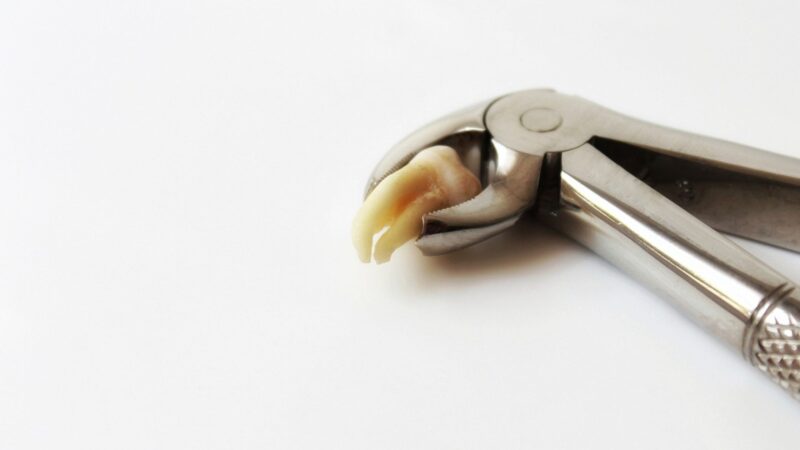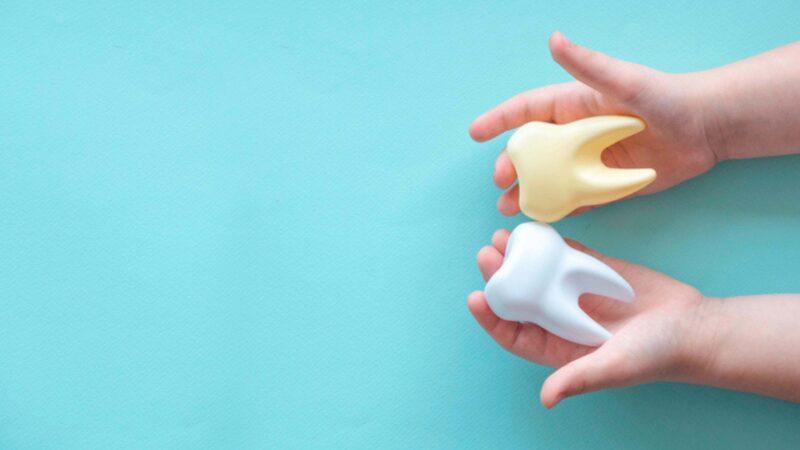Dentist or Doctor: Who Do I See for a Lump in the Mouth?
Most people don’t like going to the dentist, and many people don’t go regularly. But dentists can do things that a doctor just can’t. Dentists are experts in oral medicine and have training in diagnosing and treating mouth or jaw diseases. They know how to take X-rays, which are hard to interpret without dental training. Dentists also have access to dental equipment, such as high-speed drills, that surgeons don’t use clinically. And dentists can do things that a doctor won’t: fill cavities, replace damaged teeth, and even extract teeth.

Which of these two professionals should you see if you lump your mouth with all this in mind? A dentist or a doctor? Why?
This article will explore the similarities and differences between dentists and doctors. It will explain who dentists and doctors are and why patients visit either one. It will then look at treatment differences between the two professions and explain why dentists have specific equipment that doctors don’t.
What Are Dentists?
Dentists are oral health professionals who provide a wide range of services to prevent oral diseases, treat existing conditions, and restore teeth to normal function. Dentists can be licensed in Dentist downtown Calgary as “dental surgeons” or as doctors of dental medicine (DMDs). DMDs can set up their clinics or work in hospitals and clinics like family physicians. Dental surgeons can work in hospitals and clinical settings similar to other surgeons. Both dentists can also spend some time doing research and education in a university setting.
Dentists are experts on the health, function, and restoration of teeth and diagnosing and managing all diseases that affect the mouth, jaws, lips, gums, and related structures. They create a healthy mouth by preventing tooth loss through preventive care such as regular checkups. Dentists also examine patients for signs of oral diseases using all current diagnostic techniques (e.g., X-rays). They explain what they see to patients in a language everyone can understand and provide appropriate treatment for patients with problems with their teeth or gums.
Dentists are also involved in educating patients and bridging the gap between the mouth and the rest of the body by being aware of known associations between oral health and general health. This knowledge gives dentists a unique role in providing care for patients with diabetes, cancer, HIV, heart disease, and many other conditions.
What Are Doctors?
Doctors are medical professionals who diagnose diseases and provide treatment to restore or improve health. Doctors can be licensed to practice medicine in Canada as medical practitioners or as medical specialists (in any field of medicine). While some doctors work independently as family physicians or specialists, most work in hospitals (sections called clinics) under contract with regional authorities. Doctors are officially certified to diagnose diseases and prescribe treatment by the rules, which have programs to ensure high standards. They must pass written examinations, undergo evaluation, and meet continuing education requirements to remain members in good standing.
Doctors are experts on the body’s health, structure, and function, including how each system works together with others. They can make a diagnosis based on their training and experience. They examine patients for signs of disease using physical examination techniques (e.g., listening with a stethoscope) or reading samples taken inside the body (such as blood or stool samples).
Doctors prescribe treatment for patients based on knowledge of everyday activities, disease mechanisms, and treatment. They can also provide emotional support and counselling to patients with serious illnesses. Doctors may also add other kinds of health care, such as physiotherapy, occupational therapy, or speech therapy, to the care they provide to patients. Depending on the type of doctor, they may be able to make referrals (e.g., for more advanced types of treatment) to other health professionals or programs that can provide these resources.
Mouth Lump: Who is Best for the Job?
Considering a dentist’s specialty is your teeth and mouth, they would be the best person to turn to for that issue. A regular doctor can see it and conclude that it’s an irregularity to be checked, diagnosed, and treated. However, a doctor can’t do much about it and would ironically refer you to a dentist to see. A doctor would know that a dentist would have the specialised knowledge and expertise to effectively understand why there is a lump in your mouth and treat it accordingly. Finding a lump in your mouth can be concerning, even more so when you don’t know who to turn to consult and find treatment for it. Thankfully, a dentist’s specialty is centred around the mouth. You can bet they would be the ones to go to in that scenario instead of a doctor.

Deepa Mahar is an independent blogger and admin of DeepAdvices who is exploring the beauty of the blog writing from a variety of subjects and books to health, science and others. She believes the blog would be helpful to the reader in the context of knowledge. She is post-graduated with a degree of Biotechnology.





